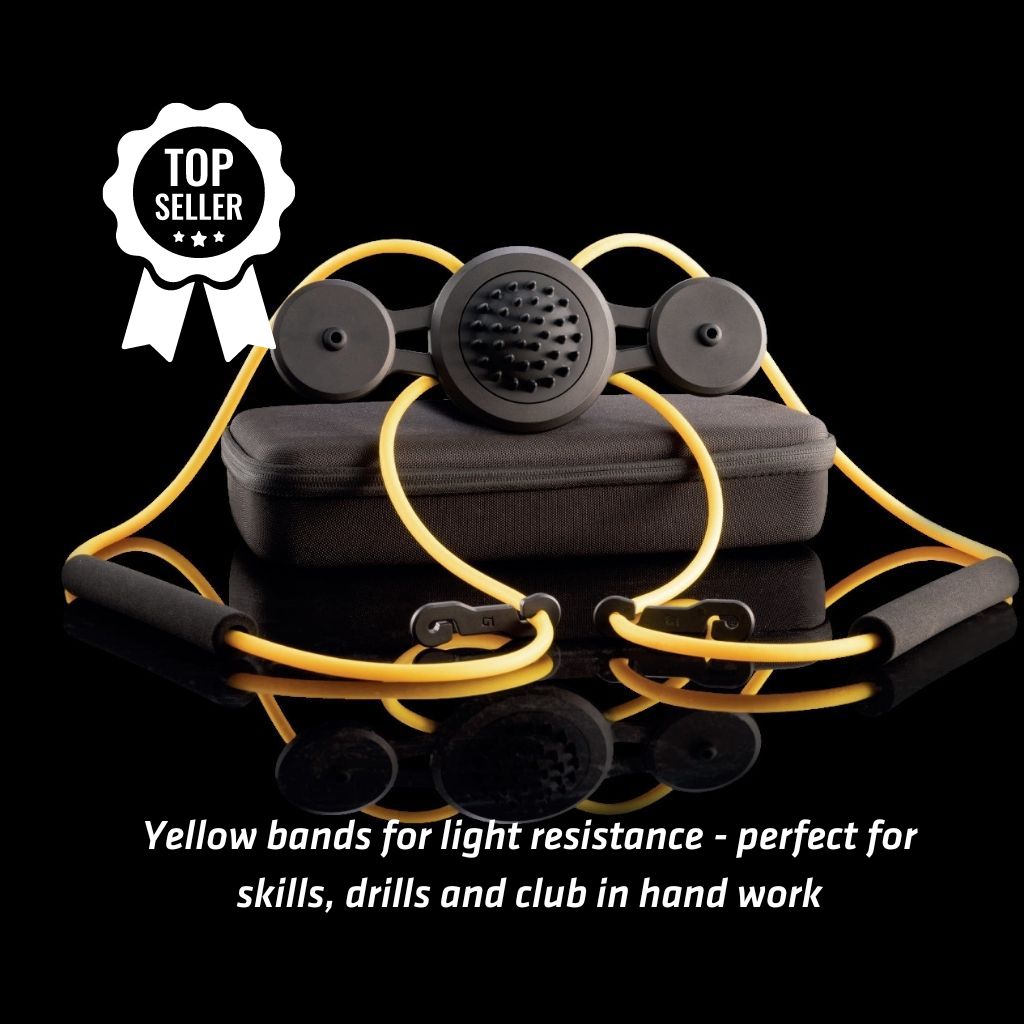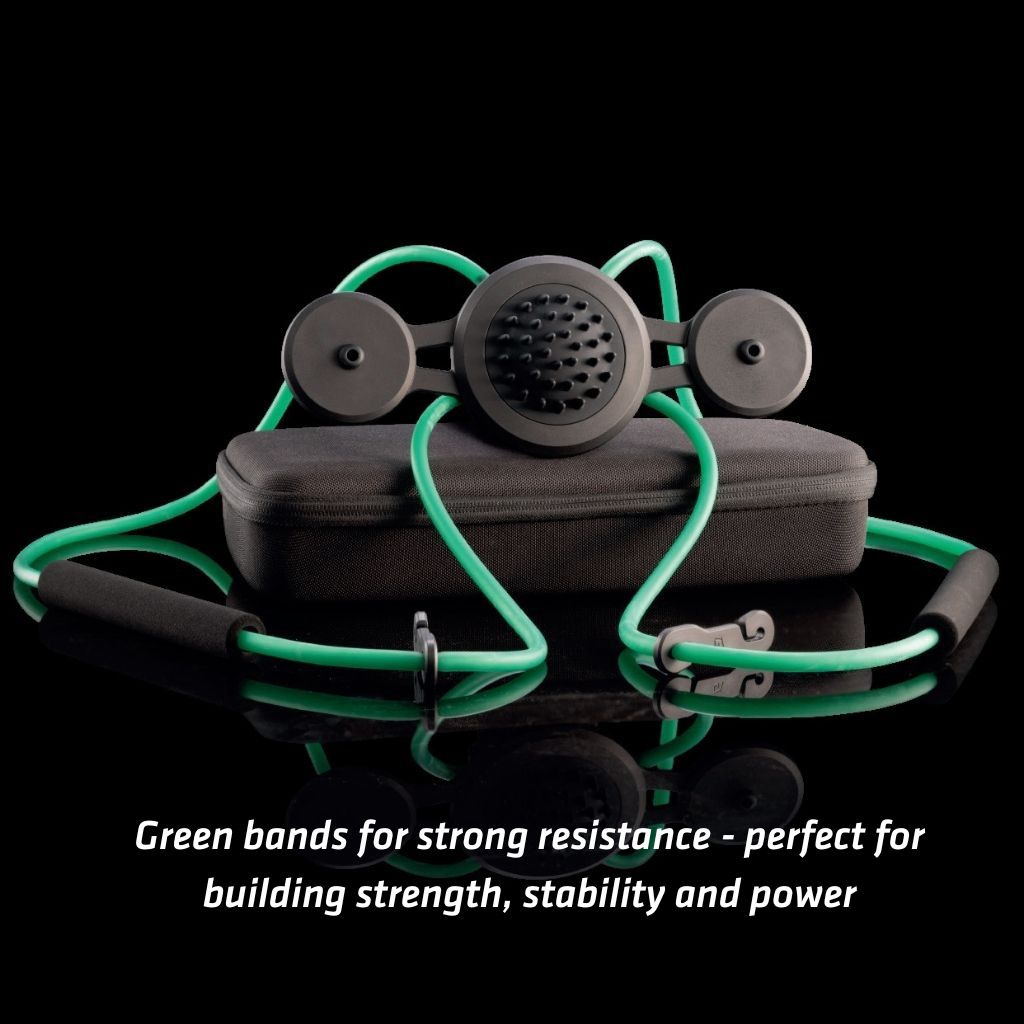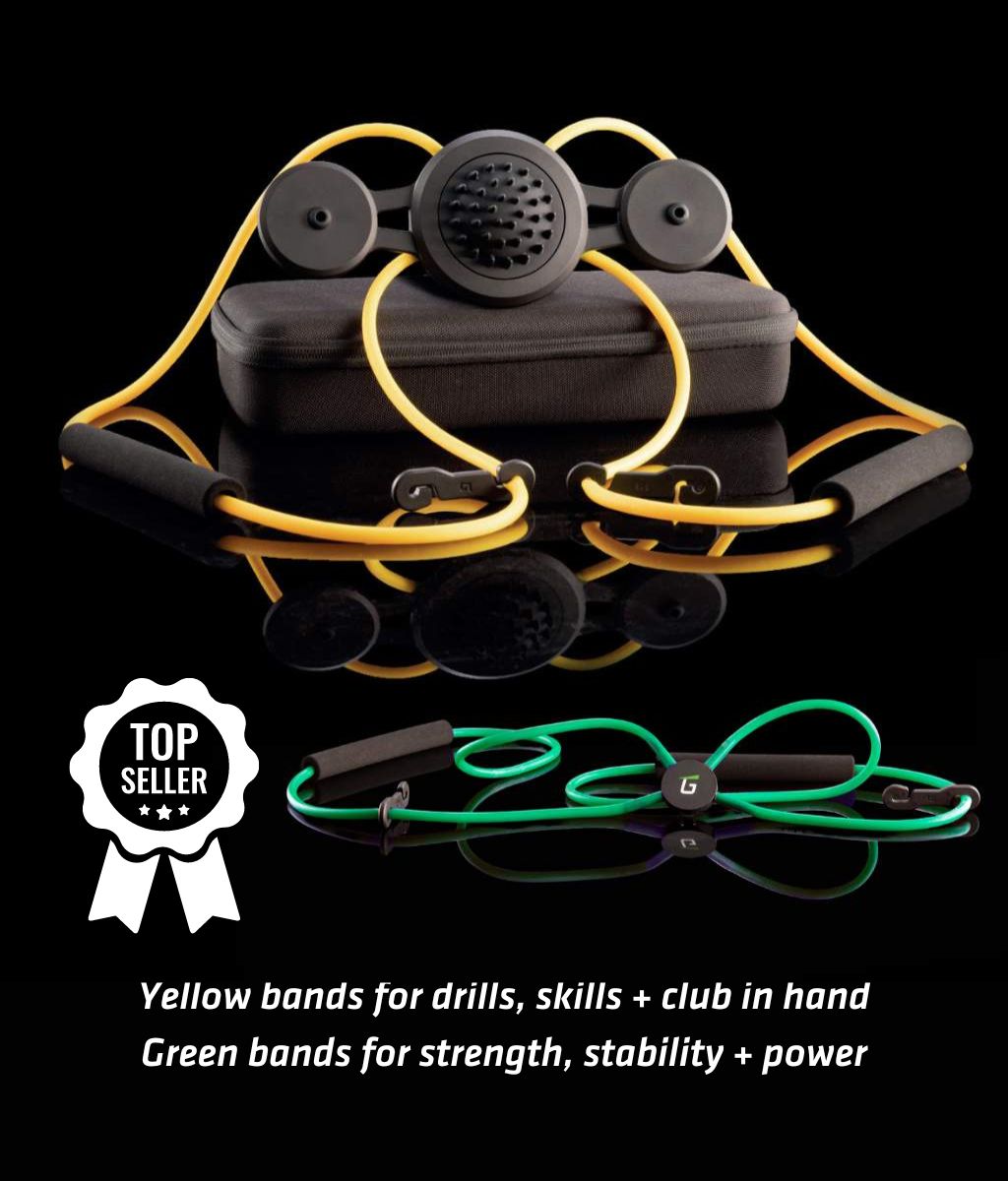Your Cart is Empty
STANDARD AND EXPRESS SHIPPING WORLDWIDE!
STANDARD AND EXPRESS SHIPPING WORLDWIDE!
STANDARD AND EXPRESS SHIPPING WORLDWIDE!
February 06, 2023 3 min read

The G-Suit is the only garment proven to automatically activate, strengthen and tone the core and deep muscles. (validated by NASA sponsored research at Deakin University). The patented construction applies resistance to every move, essentially creating a higher gravity experience for the athlete. Increase stability, power and injury resilience or help athletes return to the field after injury.
-The G-Suit is a great tool for athletic trainers to help extend their work beyond the training room.
How can Athletic Trainers can benefit from “prescribing” the GSuit?
Tasked with preventing injury and re-injury, the GSuit can assist with shortening rehabilitation time, improving movement patterns and build a stronger body to help keep their athletes active.
• Extend your work beyond the training room. Amplify the great work your athletes are already doing with the limited time allowed with their athletes. Athletes can wear the GSuit during rehab/prehab sessions and on their own to speed up recovery, become stronger and reduce risk of injury or reinjury
• Prevent imbalances and muscle compensation. Especially after injury, athletes move to protect themselves from reinjury. This can cause imbalances, inefficiencies as well as additional injuries. The G-Suit helps to correct these imbalances by ensuring the deep core muscles are not only functioning, but getting stronger.
• You cannot strengthen the core muscles if the brain isn’t activating them. Deep core muscles are historically difficult to recruit, especially when the athlete is not under supervision of the athletic trainer. Give the athlete a tool to automatically recruit and strengthen these muscles.
Pain Points for Athletic Trainers
• Time is the enemy. An athlete’s time is very limited and working the core and deep stabilising muscles can be extremely tedious and time consuming. There is no guarantee the athlete will work these muscles after they leave the training room even if directed by the Athletic Trainer.
• Extending beyond the training room: The work of an athletic trainer doesn’t stop after the athlete leaves their care. In order to ensure the athlete recovers correctly and efficiently, these muscles need to be trained even after they leave the athletic trainer’s care.
• Improve rehab time/Re-injury rate: Athletic trainers are always scrutinized for injury rates, rehab times and re-inury occurrence. Kevin Durant is a perfect example. Using the G-Suit can help movement patterns, muscle balance and overall strength the help prevent re-injury and improve rehab time.
• Athlete’s following direction: Athletic Trainers can only control what happens when they are in direct contact with the athlete. Will the athlete perform the rehab they need to when not in the training room? The GSuit can be used as a stability/mobility tool without adding more time and exercises to the athlete’s schedule.
Which Muscles are we talking about and how can the G-Suit help?
• Transversus Abdominis: Stabilizes the spine and prepares the limbs for movement
o Create more stability and increase strength and power with every movement
o Relieve joint pain and reduce risk of injury
o Optimize muscle growth and strength building
• Serratus Anterior: Assists with forward and upward rotation of the arms. Also helps lift the ribcage to support breathing
o When weakened, overhead range of motion is decreased, causing increased stress to other structures in the shoulder, neck and back.
o Increase power in any pushing/throwing movement.
o Help athletes recover from overuse. From pitchers and quarterbacks to swimmers, keeping the serratus engaged and strong can’t be underestimated
• Multifidus: Stabilizes the lumbar spine and help transfer force between the upper and lower body. Assists with any tilting and rotation movement.
o One of the most common muscles we see issues with due to excessive sitting and poor posture.
o Poor function causes back pain, tightness, compensatory patterns which reduce performance and can cause injury
o Athletes can continue to activate and strengthen this muscle outside of the training room to reduce rehab time and prevent reinjury.




Sign up to get the latest news on products, exercises, drills and more …